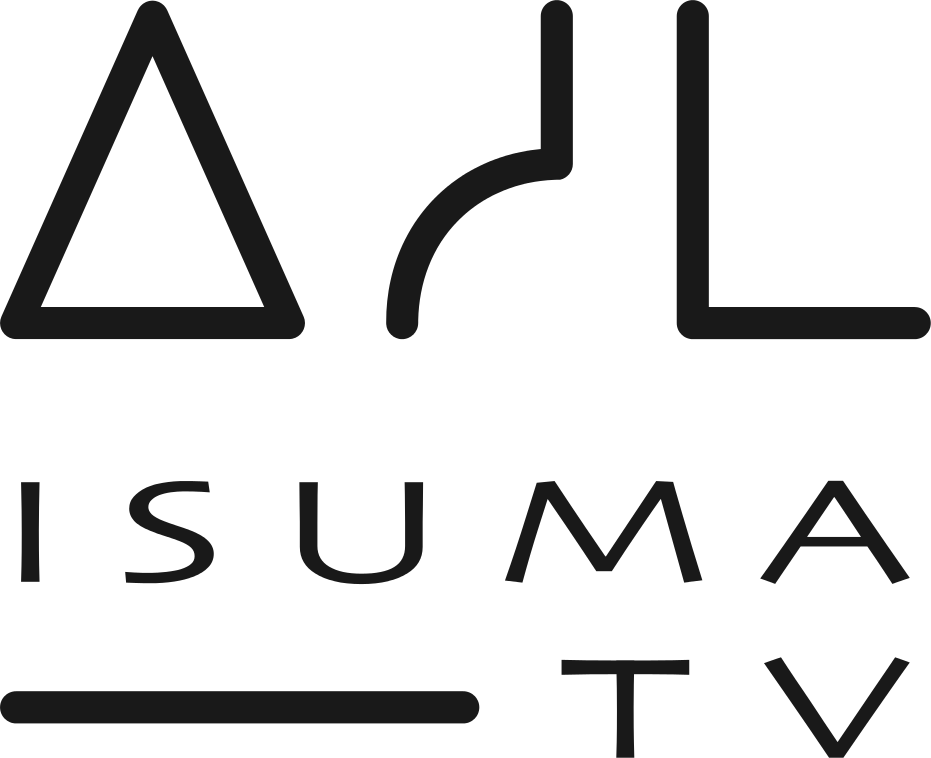
Canada slammed during UN human rights review: the state of aboriginal peoples ...
Fifty submissions slamming Canada – on everything from the state of aboriginal peoples to the erosion of labour rights – have been filed with the Geneva-based UNHRC.
Ottawa (13 Jan. 2009) – Canada could soon find itself shamed by the United Nations Human Rights Council (UNHRC) as a country that violates international labour and human rights standards.
Fifty submissions slamming Canada – on everything from the state of aboriginal peoples to the erosion of labour rights – have been filed with the Geneva-based UNHRC as part of a new Universal Periodic Review (UPR) process. The UPR involves a review of the human rights records of all 192 UN member states once every four years. Canada’s human rights record will be officially reviewed at the fourth session of the UNHRC in Geneva which begins Feb. 3, 2009.
The National Union of Public and General Employees (NUPGE) was one of the 50 civil society organizations submitting briefs to the the UN Office of the High Commissioner for Human Rights in preparation for the February review.
NUPGE concentrated on the serious erosion of labour rights in Canada over the past 27 years as well as Canada’s poor record of ratifying and complying with International Labour Organization (ILO) Conventions.
Summary of 50 submissions
Recently the UN office prepared a summary of the 50 submissions it has received and published Canada’s national report prepared by the federal, provincial and territorial governments for the UPR. The first recommendation contained in the summary report was NUPGE’s request for the federal government to ratify the three remaining core ILO conventions – No. 29, No. 98 and No. 138 – which have not yet been ratified by Canada.
Alex Neve, secretary-general of Amnesty International Canada, said his organization expects Canada to be cited for falling short on human rights issues in a number of areas when the UN human rights arm publishes its final report.
"To be criticized doesn't mean Canada has joined the worst of the worst (abusing nations)," said Neve. "But as a general rule, Canadians are proud this is a country that believes in human rights and do want our governments (federal, provincial and territorial) to do the right thing."
The Amnesty submission highlights several concerns. In a section on indigenous rights, it notes that more children are in the care of the state now than during the century-plus period when they were forcibly removed from communities and sent to Indian residential schools.
'A real disgrace'
"The Canadian record of upholding the rights of indigenous peoples is a real disgrace and a source of national shame," said Neve. "These are not political, economic or natural resource matters. These are issues of human rights."
In its submission, the Assembly of First Nations criticizes Ottawa for refusing to endorse the 2007 United Nations Declaration on the Rights of Indigenous Peoples, as well as other problems.
"Canada's position blatantly rejects and undermines the international and domestic rights processes," it says, noting the indigenous population of Canada is "drastically over-represented in incarceration rates, disabilities, poor health indices, suicide and poverty."
While only member states can ask questions or make recommendations during the Feb. 3 hearing, written submissions are taken into consideration for the final report.
Canada currently sits on the 47-member council, a slot filled by rotation.
















